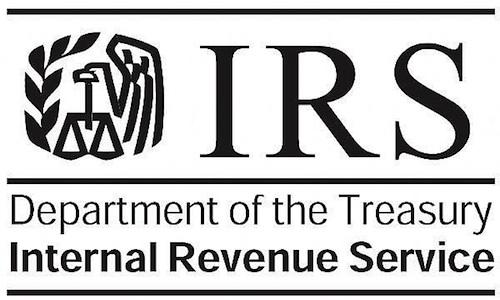The Internal Revenue Service is offering guidance for Qualified Opportunity Funds (QOFs) and their investors in response to the ongoing Coronavirus Disease 2019 (COVID-19) pandemic.
Notice 2020-39 answers questions regarding relief from certain requirements under section 1400Z-2 of the Internal Revenue Code (Code) and the implementing regulations. Additionally, the IRS has updated the Qualified Opportunity Zones frequently asked questions.
Taxpayers who sold property for an eligible gain and who would have had 180 days to invest in a QOF to defer that gain, may have additional time. Notice 2020-39 provides that if a taxpayer’s 180th day to invest in a QOF would have fallen on or after April 1, 2020, and before December 31, 2020, the taxpayer now has until December 31, 2020 to invest that gain into a QOF. (The 180th day for some of these taxpayers was already postponed through July 15, 2020, under Notice 2020-23.) In addition, the notice provides that the period between April 1, 2020, and December 31, 2020, is suspended for purposes of the 30-month period during which property may be substantially improved.
The guidance also provides that, due to the COVID-19 pandemic, a QOF’s failure to hold less than the 90% of its assets in Qualified Opportunity Zone Property on any semi-annual testing dates from April 1, 2020, through Dec. 31, 2020, is due to reasonable cause under section 1400Z-2(f)(3) and such failure does not prevent qualification of an entity as a QOF or an investment in a QOF from being a qualifying investment. As such, the QOF will not be liable for the statutory penalty under section 1400Z-2(f) due to such a failure during this period.
For Qualified Opportunity Zone Business projects that meet the requirements of the 31-month working capital safe harbor under the final regulations, the notice reminds taxpayers that due to the COVID-19 pandemic these projects have up to an additional 24 months in which to expend their working capital.
Similarly, the notice reminds taxpayers that due to the COVID-19 pandemic, QOFs that received distributions of QOF stock or partnership interests as a return of capital or realized proceeds from a sale of that stock, partnership interest or qualified opportunity zone property have an additional 12 months in which to reinvest those amounts in the manner intended before the COVID-19 pandemic.
For more information about tax relief resulting from the COVID-19 pandemic, go to the Coronavirus Tax Relief and Economic Impact Payments page on IRS.gov.
Thanks for reading CPA Practice Advisor!
Subscribe Already registered? Log In
Need more information? Read the FAQs




